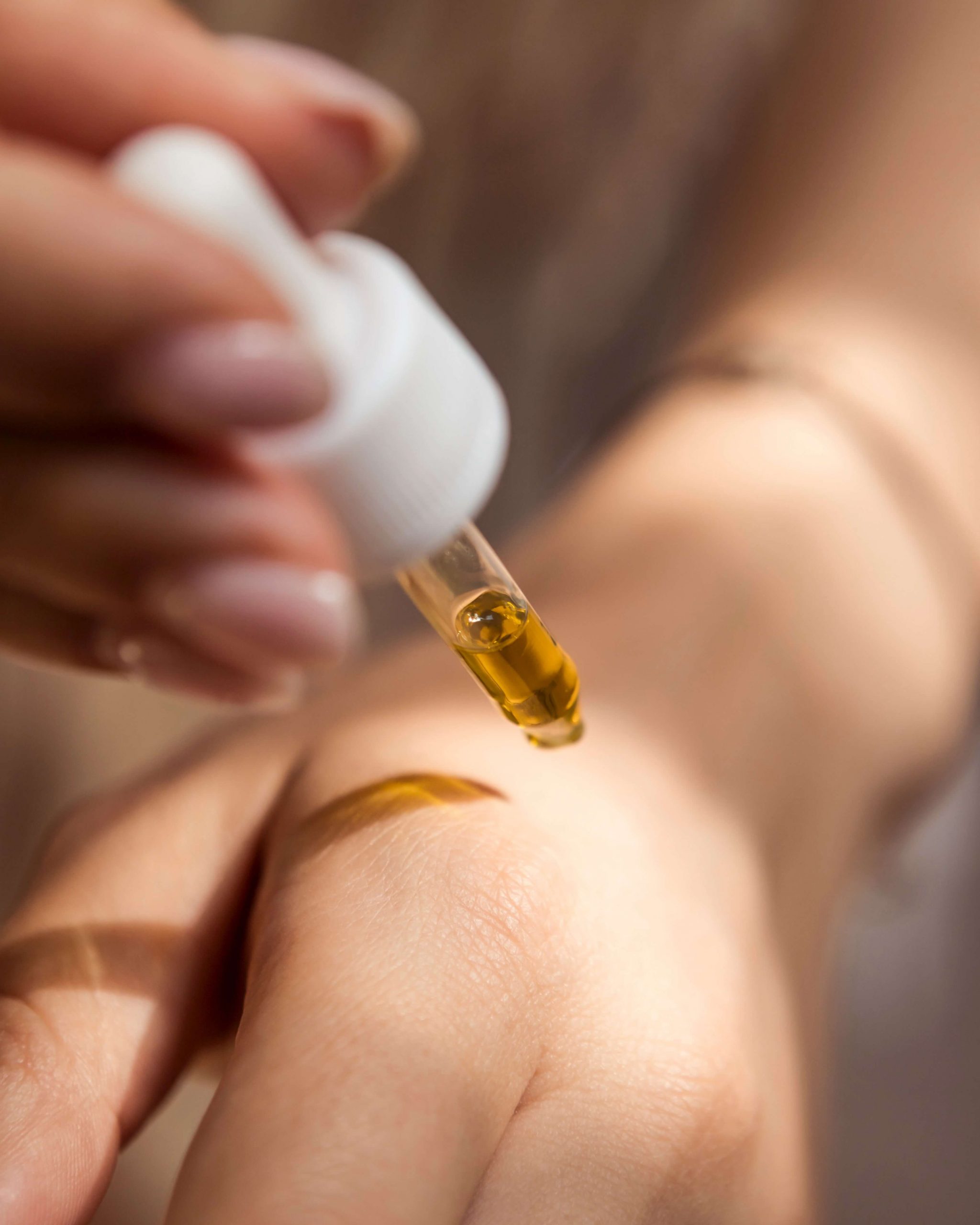CBD 101
What is Cannabidiol (CBD)
It’s not just humans who are born with the endocannabinoid system. In fact, it’s found in the brain and nervous system of all mammals, emphasising its importance in the body.
The human endocannabinoid system is responsible for intercellular communication in our bodies. Put simply, it sends soothing signals between cells, helping to maintain the balance between different biological functions – also known as homeostasis.
There are two key components that make up the system:

Full spectrum vs Broad spectrum CBD
Frequently asked questions
For any questions in relation to our products or shipping details please contact us
CBD oil is, quite simply, made with CBD that’s been extracted from a Cannabis plant, then combined with a carrier oil to ensure it’s ingestible. In the case of our CBD Oral Drops, the oil is USDA certified organic coconut oil (MCT oil), which is rich in fatty acids, allowing for increased bioavailability. CBD bioavailability is the rate at which cannabidiol is absorbed, and plays a key role in delivering the strength and effects you want. The higher the bioavailability, the higher the potency, which is what makes that coconut oil all the more important.
Discover the story
of Ammonite CBD
Learn about
Canabinoids